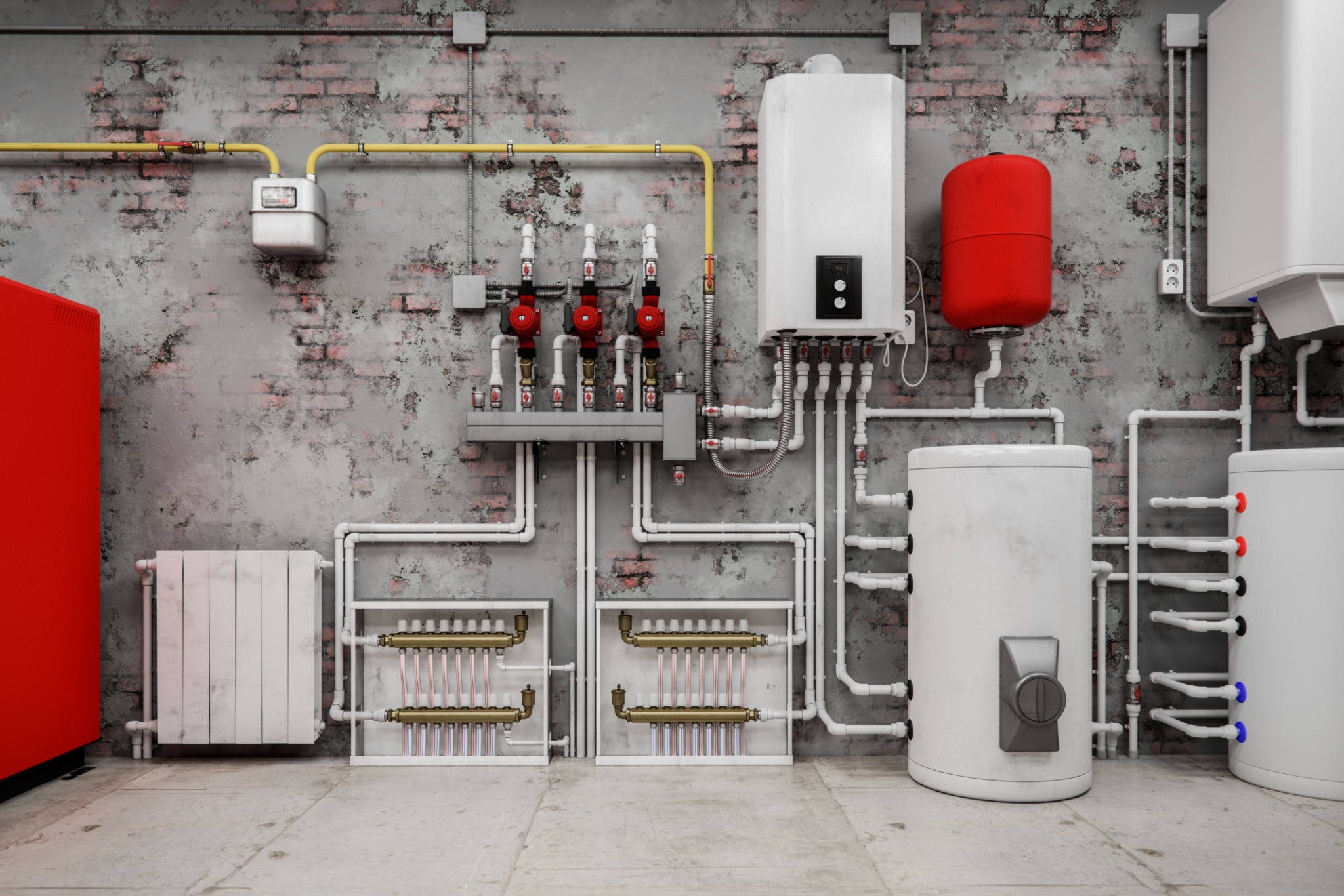Sedona Heating Equipment Rental vs. Purchase: What’s Right for Your Business?
Understanding Your Heating Needs
When it comes to managing the climate within your business, efficient heating is crucial, especially in a place like Sedona, where temperatures can fluctuate significantly. Whether you're running a small office or a large warehouse, the decision between renting and purchasing heating equipment can have lasting impacts on your operational efficiency and financial health.
Your choice will largely depend on several factors, including the duration of use, budget constraints, and maintenance capabilities. Let's delve into the pros and cons of each option to help you make an informed decision.

Benefits of Renting Heating Equipment
Renting heating equipment offers several advantages, particularly for businesses needing temporary solutions. One of the primary benefits is flexibility. If your heating needs are seasonal or project-specific, renting allows you to scale up or down quickly without being tied to a long-term commitment.
Another significant advantage is cost savings. Rental agreements typically include maintenance and repair services, which means you won't incur unexpected expenses if the equipment fails or requires servicing. This can be particularly beneficial for smaller businesses with limited budgets.
Considerations When Renting
While renting offers flexibility and potential cost savings, it may not be the best option for everyone. Over time, rental costs can accumulate, sometimes exceeding the purchase price of new equipment. Thus, renting is generally more cost-effective for short-term or infrequent use rather than ongoing needs.

Advantages of Purchasing Heating Equipment
Purchasing heating equipment can be a wise investment for businesses with consistent heating requirements. Owning your equipment means no ongoing rental fees, and it can often be more cost-effective over the long term. Additionally, having your own equipment allows for greater control over maintenance schedules and usage.
Ownership also builds asset value for your business. It can be a selling point for future buyers or investors interested in tangible assets. Plus, you have the freedom to customize the equipment to better fit your specific needs.
Challenges of Ownership
However, ownership comes with its set of challenges. The initial capital outlay can be significant, and you are responsible for all maintenance and repair costs. This means a higher risk of unexpected expenses if the equipment breaks down or requires upgrades.

Making the Right Choice for Your Business
The decision between renting and purchasing will ultimately come down to evaluating your business's unique needs and circumstances. Here are some steps to help you decide:
- Assess how often you need heating equipment and for how long.
- Calculate the total cost of ownership versus rental over the intended period of use.
- Consider your budget constraints and whether you have capital available for purchase.
- Evaluate your in-house capability to maintain and repair equipment.
Conducting a thorough analysis will provide clarity on which option aligns best with your business strategy.
Conclusion
Both renting and purchasing heating equipment have their merits. Renting offers flexibility and reduced responsibility for maintenance, making it suitable for temporary needs. On the other hand, purchasing can be more economical in the long run for businesses with consistent heating demands.
By carefully weighing the pros and cons and considering your business's specific requirements, you can make a decision that optimizes both your operational efficiency and financial health. Whether you choose to rent or buy, ensuring a comfortable environment for your employees and customers will always be a worthwhile investment.
